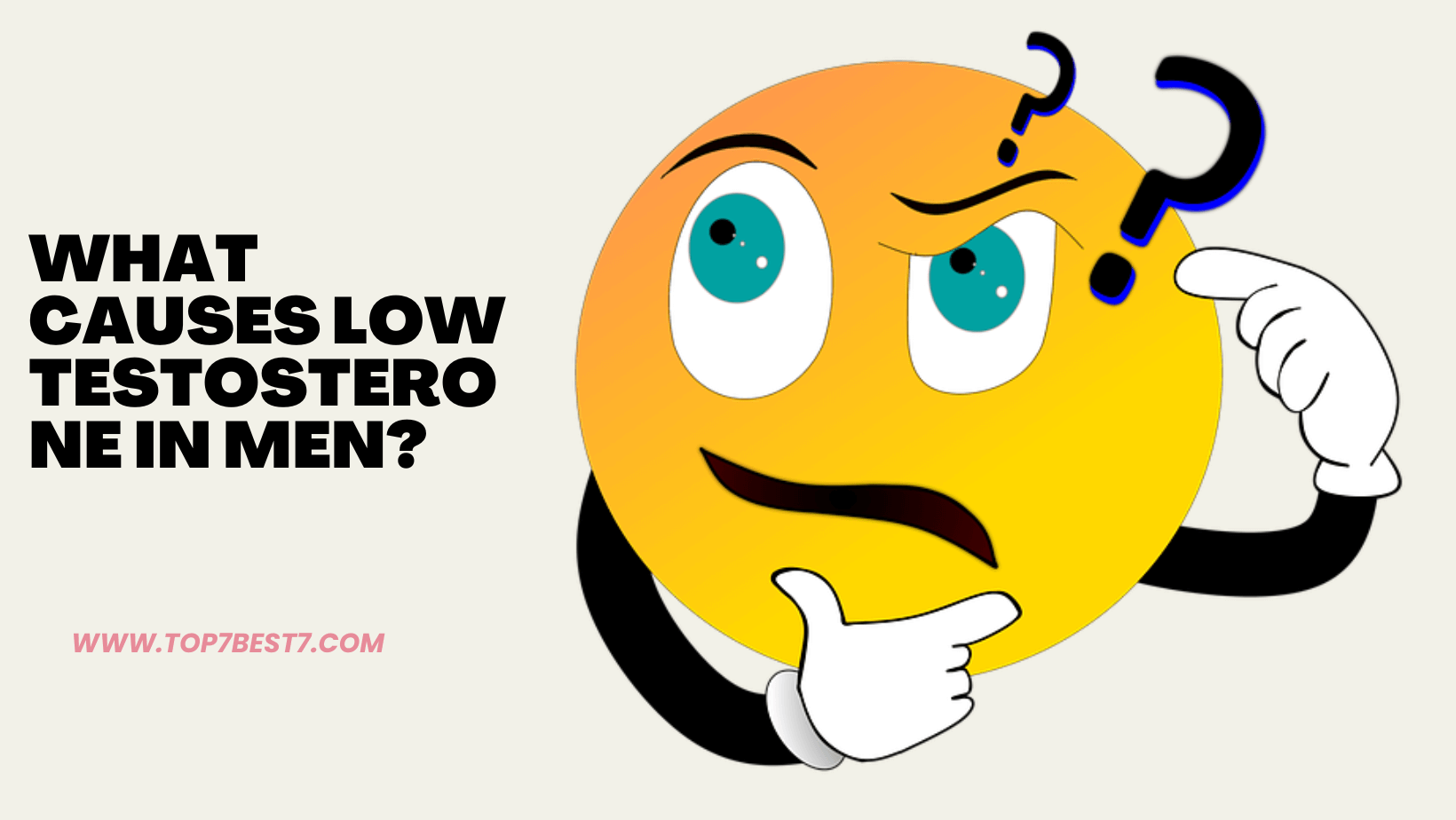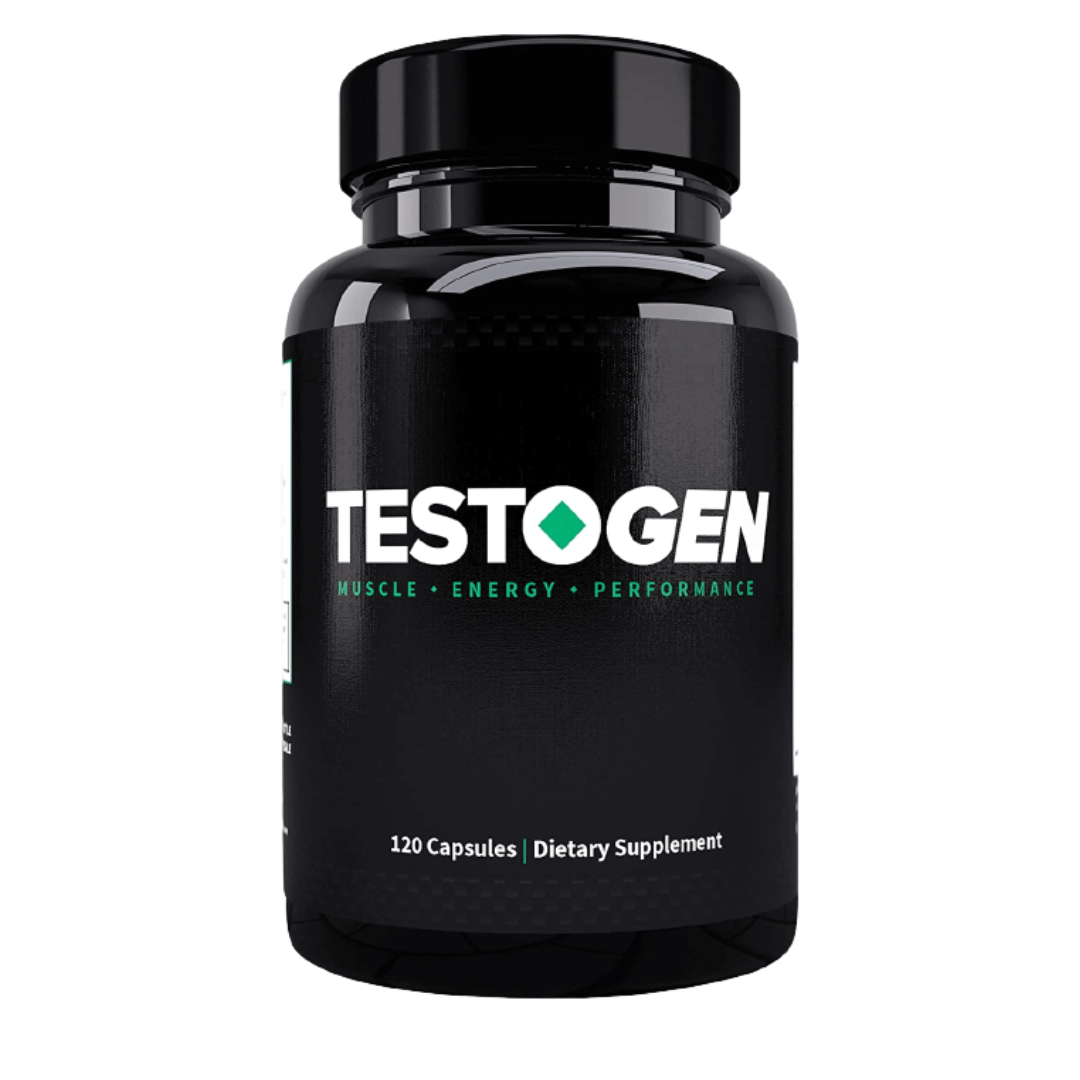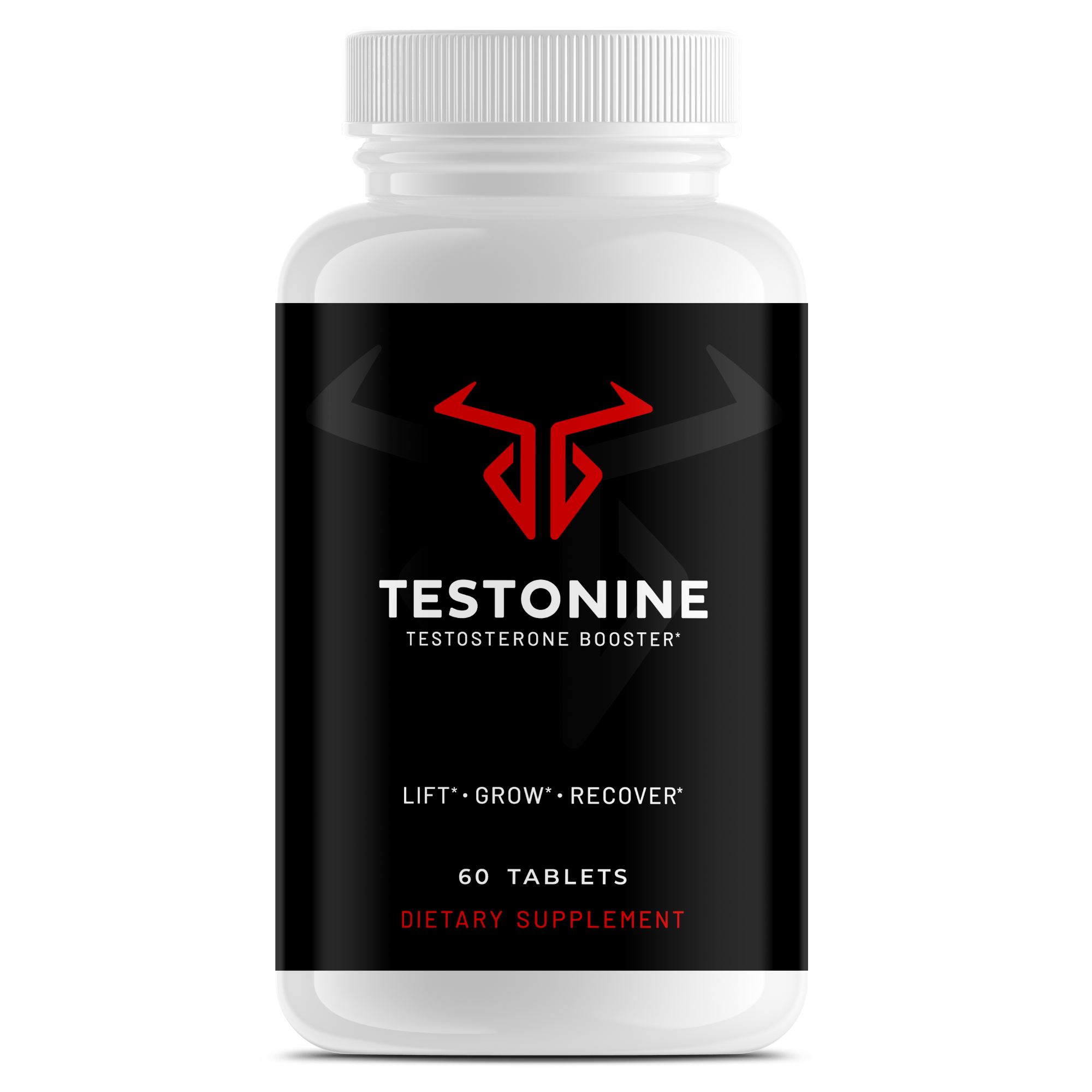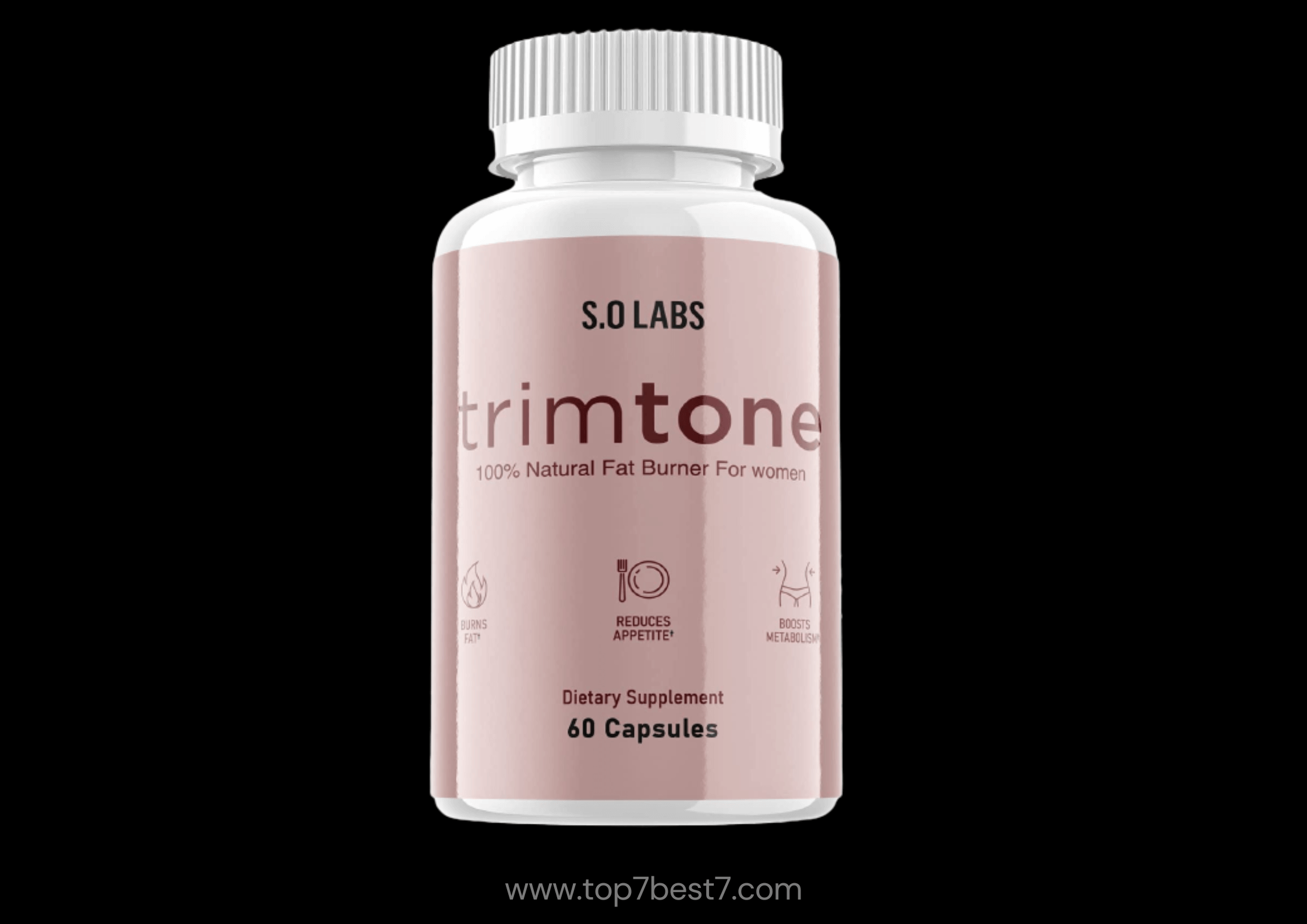Low testosterone in men can be attributed to various factors, encompassing both lifestyle and medical aspects.Because testosterone levels gradually decrease with age, usually beyond the age of 30, aging is a critical factor. In addition to obesity, diabetes, and hormonal abnormalities, chronic medical illnesses can also lead to decreased testosterone production. Unhealthy lifestyle decisions, such as an inactive schedule, a poor diet, and excessive alcohol use, may make the problem worse. Hormonal imbalances caused by stress and sleep deprivation have been shown to adversely affect testosterone levels. Opioids and corticosteroids are two drugs that can prevent the body from producing testosterone. Hormone regulation may be impacted by environmental variables, such as exposure to substances that disturb the endocrine system. Understanding these complex factors is essential to treating low testosterone in a comprehensive way and empowering people to make decisions about their health and wellbeing.
Low testosterone levels in men can lead to a range of symptoms, including:
- Low Libido: Reduced sex drive and difficulty achieving or maintaining erections.
- Fatigue: Persistent tiredness and a lack of energy.
- Depression and Mood Swings: Feelings of sadness, irritability, or mood fluctuations.
- Decreased Muscle Mass: Difficulty in maintaining or building muscle mass.
- Increased Body Fat: A tendency to gain weight, particularly around the abdomen.
- Loss of Body Hair: Thinning or loss of body and facial hair.
- Osteoporosis: Weakened bones and an increased risk of fractures.
- Sleep Disturbances: Insomnia or disrupted sleep patterns.
- Difficulty Concentrating: Reduced cognitive abilities and difficulty focusing.
- Hot Flashes: Similar to those experienced by women during menopause.
- Infertility: Low testosterone can affect sperm production and fertility.
To assist people in selecting the testosterone booster that best suits their fitness and lifestyle objectives, we have thoroughly compared the features, customer feedback, and special offers of Testogen vs Testonine. Choosing between Testogen’s proven track record of success and Testonine’s exciting future depends on your priorities, but knowing the differences between the two supplements will help you make the best choice possible for achieving peak physical and general well-being.
The decision between Testogen and Testonine when it comes to testosterone boosters ultimately comes down to personal tastes and fitness objectives. Testogen, with its well-established reputation, stands out as a natural testosterone booster that is safe and supported by eight herbal components that have been shown to increase libido, strength, and muscular building. Testonine, on the other hand, uses a combination of potent, natural, and tried-and-true substances to increase lean muscle growth, strength, and endurance. Users may confidently set out on a path to improve their physical performance and general well-being, regardless of whether they choose the well-researched Testogen or the exciting newcomer Testonine.
A number of factors, including aging naturally, long-term health issues, and lifestyle decisions including poor eating, inactivity, and binge drinking, contribute to decreased testosterone in males. Hormonal imbalances can also be caused by stress, lack of sleep, certain drugs, and exposure to toxins that disturb the endocrine system. Understanding these many components is essential to developing a thorough understanding of low testosterone and enabling people to make decisions that are best for their health and wellbeing.
Concerned about low testosterone levels? Worry not! Boost your testosterone naturally with nutritional supplements like Testogen and Testonine. These effective solutions can help optimize your hormonal balance.






